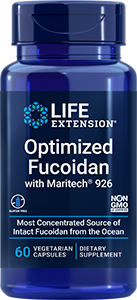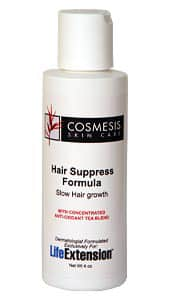| Despite the fact that cardiovascular disease is the single most deadly disease in the United States, most individuals, including most mainstream physicians, have a flawed fundamental understanding of the disease. The fact is, long before any symptoms are clinically evident, vascular disease begins as a malfunction of specialized cells that line our arteries. These cells, called endothelial cells, are the key to atherosclerosis and underlying endothelial dysfunction is the central feature of this dreaded disease. Experiments have shown that the benefits of resveratrol include improvements in the health of the endothelial tissue lining blood vessels (Balestrieri, 2007; Ungvari, 2007; Wang, 2007; Ballard, 2007). One mechanism by which it does this is to facilitate the generation of endothelial progenitor stem cells, thereby providing the endothelium with fresh new cells. Resveratrol benefits the circulatory system by eliciting a decrease in the oxidation of low-density lipoprotein (LDL); by fostering decreases in platelet aggregation; and by promoting relaxation of small blood vessels called arterioles (Nissen, 2006; Taylor, 2002; Crouse, 2007; Cloarec, 2007). Collectively, these mechanisms benefit the overall health of the cardiovascular system by decreasing factors that contribute to the development of atherosclerosis, and by decreasing the likelihood of undesirable clotting, which, in turn, decreases the risk of stroke (Opie, 2007). Furthermore, data indicate that resveratrol decreases the incidence of dangerous heart arrhythmias (Chen, 2007). In spontaneously hypertensive rats, quercetin, along with other bioflavonoids, preserved endothelial function by increasing nitric oxide and reducing blood pressure (Machha, 2005). A porcine study showed that quercetin has potent antioxidative properties and protects endothelial cells against induced dysfunction (Reiterer, 2004). Quercetin and resveratrol may work particularly well together. | 
Life Extension Clinical Research, Inc. is a research organization engaged in cutting-edge clinical research focused on extending the healthy human life span. The organization’s mission includes not only finding solutions to disease and methods of disease prevention, but also improving the health and well-being of humans through innovative clinical research studies. These studies are designed to explore the efficacy and potential of innovative nutraceutical dietary supplements, cosmeceuticals, pharmaceuticals and medical devices that may enhance and optimize health and nutrition. Visit us often to learn about current, as well as upcoming, clinical research studies and learn how to take part in them! Life Extension Clinical Research, Inc., a wholly owned subsidiary of the Life Extension Foundation Buyers Club, is dedicated to supporting scientific research aimed at radically extending the healthy human life span and defeating disease. For further information, please email us at LEClinicalResearch@LifeExtension.com or call us at (954) 202-7678 or toll free (866) 517-4536. We are currently recruiting study participants for the following clinical trials: https://www.lifeextension.com/clinicalresearch/clinicaltrials/ |
















